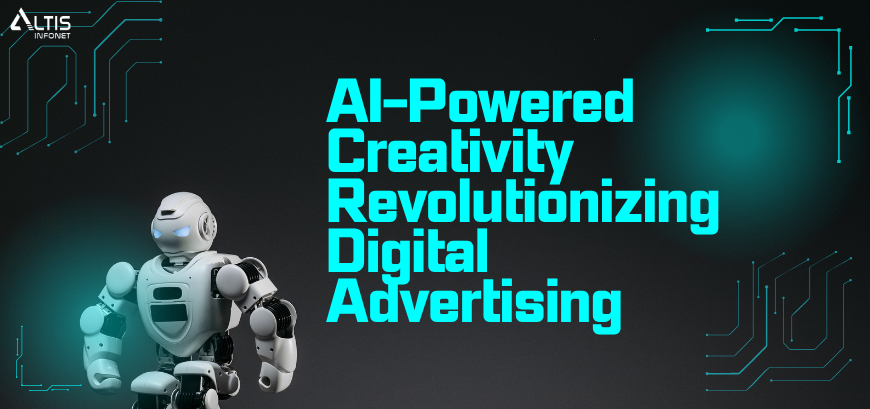Why Green Coding Matters? In today’s digital age, websites are deeply integrated into our daily routines, serving as essential tools for everything from e-commerce to social media. We rely on them for a wide range of activities, making them a central part of our lives. However, have you ever thought about the environmental impact of your website? You might be surprised to learn that even a seemingly simple website can have a significant effect on climate change. The energy consumption and resource use associated with website operations contribute to a larger ecological footprint than many realize.
How Websites Contribute to Carbon Emissions
- Data Centers: The servers that support websites are located in data centers, which require substantial amounts of energy to operate. These data centers are responsible for a large portion of global energy consumption. Much of this energy comes from fossil fuels, such as coal and natural gas, which are known to produce significant greenhouse gas emissions. As a result, the operation of data centers contributes to the overall carbon footprint associated with maintaining websites, impacting the environment in ways that are often overlooked.
- Network Infrastructure: The internet is a global network of interconnected devices. The energy required to maintain and operate this infrastructure contributes to carbon emissions.
- User Devices: Accessing websites through devices such as smartphones and computers also involves energy consumption, which indirectly contributes to greenhouse gas emissions. Each time a user interacts with a website, their device needs to process data, which requires energy. This energy use, while less direct than that of data centers, still plays a role in the overall environmental impact. As these devices rely on electricity, often generated from fossil fuels, their operation contributes to emissions, amplifying the cumulative carbon footprint associated with digital activities.
The Importance of Green Coding
Green coding focuses on developing code that is more energy-efficient and reduces environmental impact. By adopting green coding practices, you can significantly reduce the carbon footprint of your website. Here are some key strategies:
- Optimize Images: Large images can slow down your website’s loading time, leading to increased energy consumption. Reduce image file sizes by compressing them while maintaining their quality.
- Minimize HTTP Requests: Each request to a server consumes energy. Reduce the number of requests by combining files, using CSS sprites, and leveraging browser caching.
- Choose Efficient Frameworks and Libraries: Some frameworks and libraries are more resource-intensive than others. Select tools that are optimized for performance and energy efficiency.
- Leverage Caching: Take advantage of caching to keep frequently accessed data stored locally, thus reducing the need for repeated server requests. This can significantly improve website performance and reduce energy consumption.
- Consider Hosting Providers: The data center where your website is hosted can have a significant impact on its carbon footprint. Choose a hosting provider that uses renewable energy sources and has energy-efficient practices.
Benefits of Green Coding
Green coding offers more than just environmental benefits; it can significantly enhance your website’s performance and user experience as well. By adopting energy-efficient coding practices, you can achieve faster loading times, which not only improves the overall user experience but also helps in retaining visitors. Additionally, optimized code can lead to better search engine rankings, making your site more visible and accessible to potential users. These improvements in performance and user satisfaction are valuable advantages that contribute to a more effective and user-friendly website, while simultaneously supporting sustainability efforts.
Taking Action
By incorporating green coding practices into your website development process, you can contribute to a more sustainable future. Even small changes can make a big difference. Start by optimizing your images, minimizing HTTP requests, and choosing efficient tools. As you gain experience, explore more advanced techniques to further reduce your website’s carbon footprint.
Seeking an Outcome-Oriented Digital Marketing Firm?
Altis Infonet Pvt Ltd is a Web Development and Digital Marketing company with a focus on client servicing through knowledge-based solutions. Our team of experts will help make your digital dreams come true!





